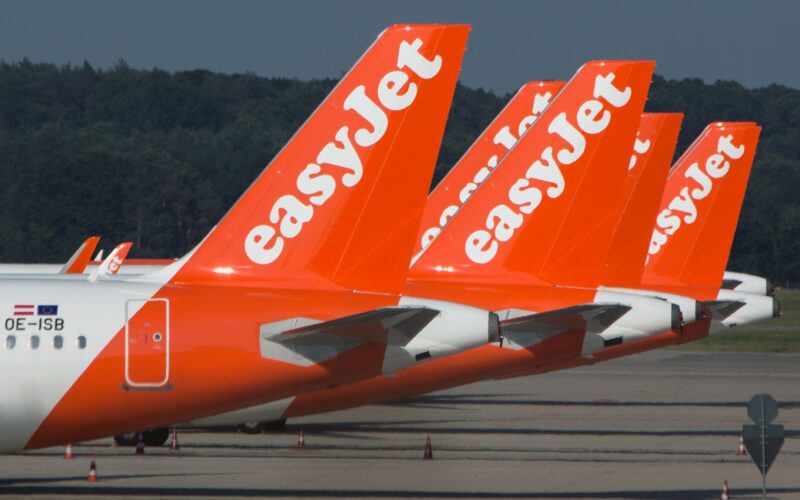easyJet announced that while its FY23 Q1 performance was ahead of expectations, the low-cost carrier still ended the quarter with a pre-tax loss. Still, the airline is hopeful that it is set to reach pre-pandemic capacity levels by the end of the fiscal year.
Overall, the United Kingdom-based company ended the quarter with a pre-tax loss of £133 million ($163 million). A year prior, easyJet’s pre-tax loss was £213 million ($262.5 million). Nevertheless, the airline indicated that stronger yields allowed it to beat expectations. Overall, revenue per seat and ancillary revenue per seat grew by 36% Year-on-Year (YoY), with the trend expected to continue into Q2 FY23.
Looking forward, the airline is selling tickets with yields that are 24% higher compared to FY19, particularly during Easter.
“We have seen strong and sustained demand for travel over the first quarter, carrying almost 50% more customers compared with last year. Many returned to make bookings during the traditional turn of year sale where we filled five aircraft every minute in the peak hours, which culminated in three record-breaking weekends for sales revenue this month,” commented Johan Lundgren, the Chief Executive Officer (CEO) of easyJet.
According to Lundgren, the airline expects to improve its winter performance so much so that it will set the company on “the path to delivering a full year profit, where we anticipate beating the current market expectation enabling us to create value for customers, investors and the economies we serve.”
In terms of the capacity outlook, easyJet expects the number of seats it offers to grow by 9% YoY in H2 FY23, and Q4 FY23 to be around the levels it saw prior to the breakout of the pandemic.

